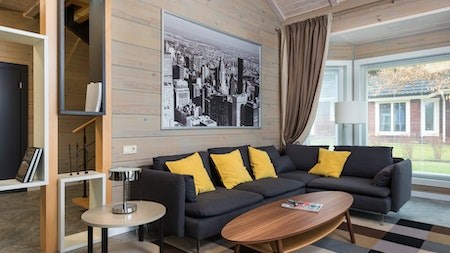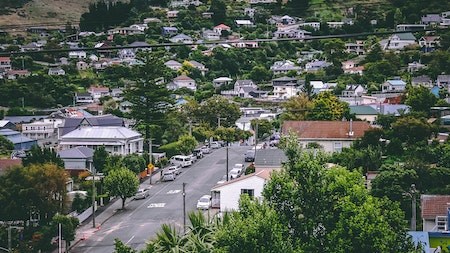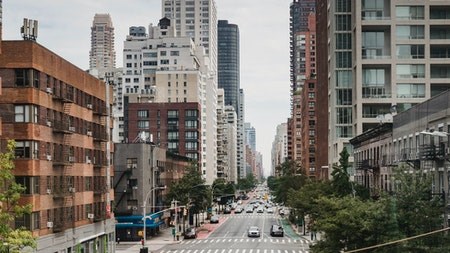The Rode Report for the fourth quarter of 2022 shows that the South African property market is marking time - except for Cape Town.
In brief, the report shows that:
- Office rentals remain below pre-Covid levels.
- Flat rentals have picked up slightly.
- House price growth has slowed further.
- Cap rates are up.
- The industrial property market is still the best performer of all the property categories.
Offices
Although fundamentals were looking slightly better at the end of 2022, the office market remains challenging because of its significant oversupply. Vacancy rates for office grades A+, A and B stabilised at about 14% in the fourth quarter of 2022, which is marginally better than the same period in 2021.
Nominal rental growth is also picking up from a low base. However, Rode Report editor, Kobus Lamprecht, advises against being too optimistic, given the general expectation of slow economic growth and the continuing work-from-home trend.
“The market has been boosted by workers returning to offices, although many are opting for a hybrid working model. Although nominal rents have increased, this means no rental remissions, tenant installation allowances or a number of months rent-free are assumed.”
In real terms, rentals fell by a massive 7% after deducting building-cost inflation (BER BCI), which was close to 11%.
Regionally, decentralised Cape Town has been the clear best performer, with nominal rentals for A-grade offices up by a massive 16% in the fourth quarter of 2022 compared to the same period in 2021.
Although the report noted better rentals in secondary cities - for example, Bloemfontein and George - only Cape Town managed to record above-inflation office rental growth in real terms.
Industrial
The industrial sector is still comfortably the best placed of the major non-residential sectors, with national nominal rentals for space of 500 m2 rising by 5,3% - well above the 2,2% for 2021.
However, the story is not so promising in real terms, after deducting building-cost inflation (BER BCI) of about 11%. The fourth-quarter survey results showed that industrial rental growth remained stable at about 5,7% compared to the fourth quarter of 2021.
This market has been boosted by continued low vacancies, especially for warehouses linked to logistics. This is a result of the strong online retail sales market and the revolution in racking systems that allow for automated racks of 12 m and higher.
Again, Cape Town was the best performer, with nominal industrial rentals for prime space of 500 m² rising by 6,3% year on year. Although growth cooled to about 5% year on year in the fourth quarter, Cape Town’s vacancy rate remains low at 3,8%.
Residential
The report shows that the housing market continues to slow down. This is expected, as the higher cost of living and rising interest rates influence demand.
Nominal prices grew by 3,2% in November 2022 compared to November 2021, based on FNB data. Lightstone’s ultra-smoothed index shows house price growth was even lower at 2,7% in October.
In real terms, house prices fell sharply as the consumer price inflation (CPI) rate averaged 6,8% over the same period.
In comparison to 2021, flat rents fared better in 2022, with vacancies declining and nominal rentals slowly picking up.
National vacancy rates averaged 6,8% in the fourth quarter of 2022, down from 7,8% in the third quarter, according to Rode’s residential survey data. Most provinces and cities covered by Rode showed better vacancy rates compared to the third quarter of 2022.
The Western Cape continues to stand out with its low vacancy rate of 3,3%. Vacancies in Gauteng also improved in the fourth quarter, but at 8,2%, it is still above the national average.
On the whole, house prices and rentals are still declining in real terms in most parts of the country.
Cap rates
The report showed that capitalisation rates of all directly held non-residential property increased in the fourth quarter of 2022.
The rise reflects a riskier property market environment resulting from expectations of weaker global - and South African - economic growth in 2023, including a worsening electricity supply crisis.
Another factor that has put upward pressure on cap rates is the South African long-term bond yield, which increased sharply up to November due to the higher interest rates.
Future
“The reality is that we live in a very uncertain world, especially regarding South African politics, the economy, and the direction of interest rates,” says Lamprecht.
“Add to this toxic brew the collapsing Eskom, and it is clear the property market will be stuck in low gear for years to come.”
Writer : Sarah-Jane Meyer




